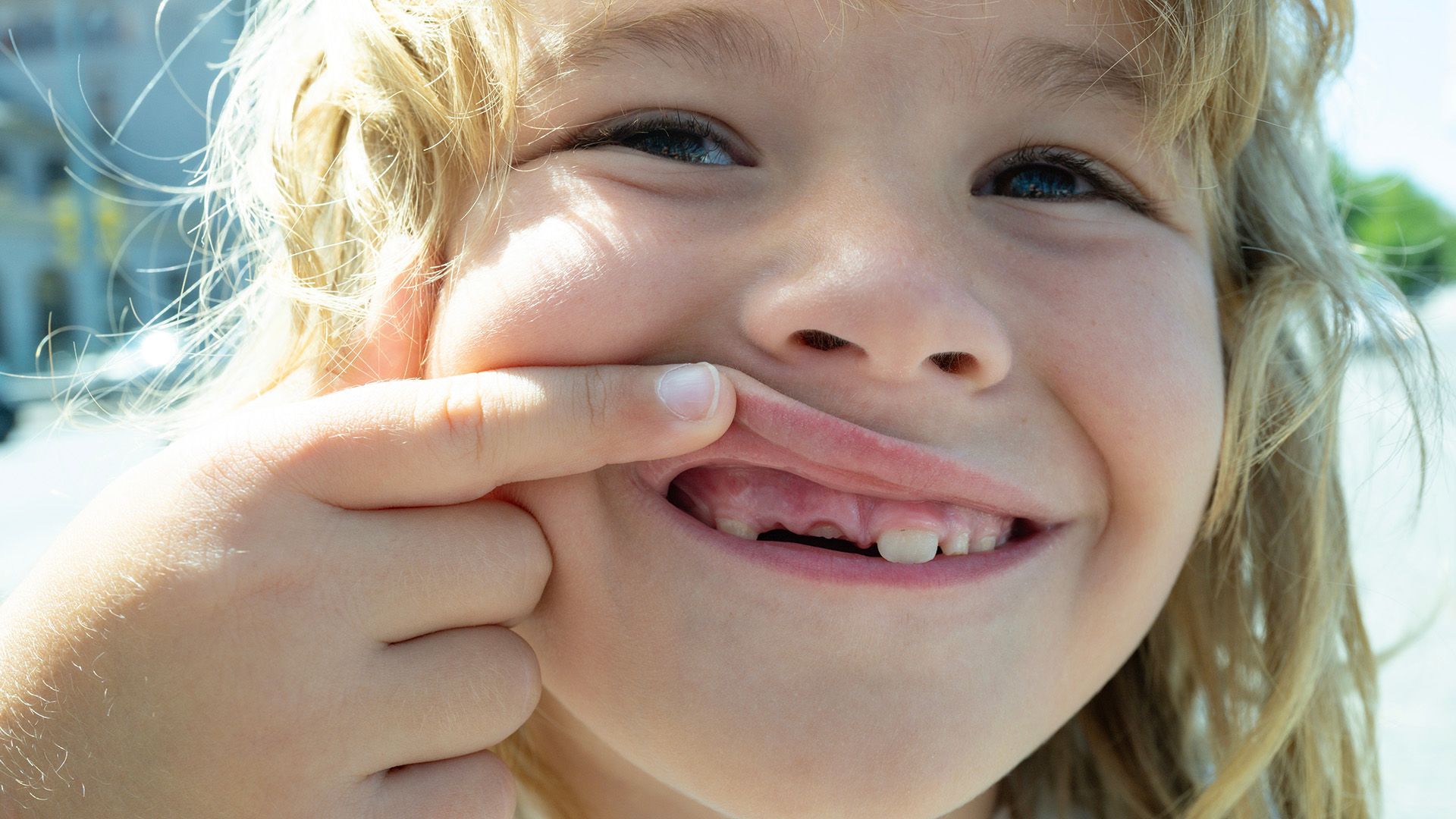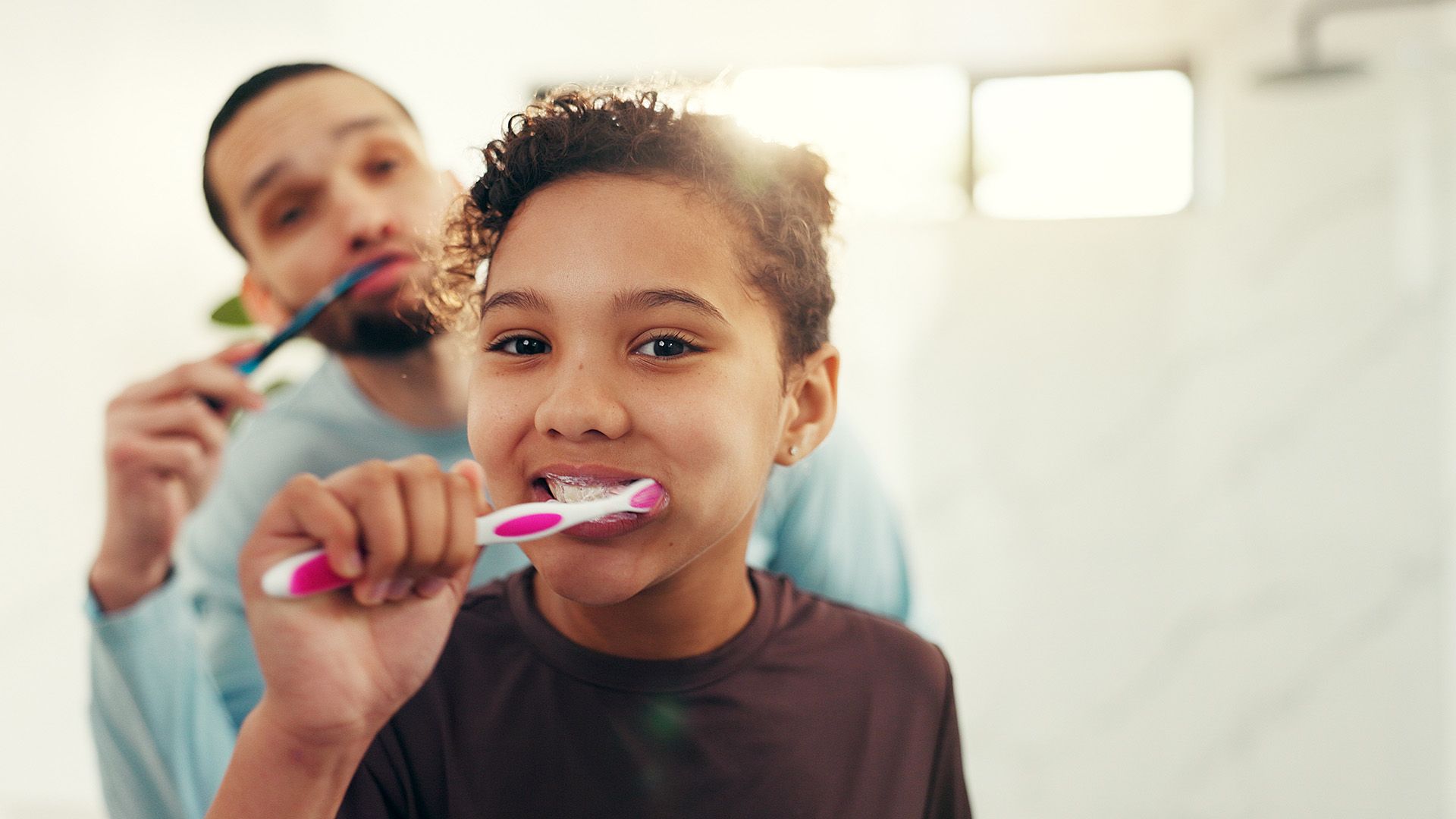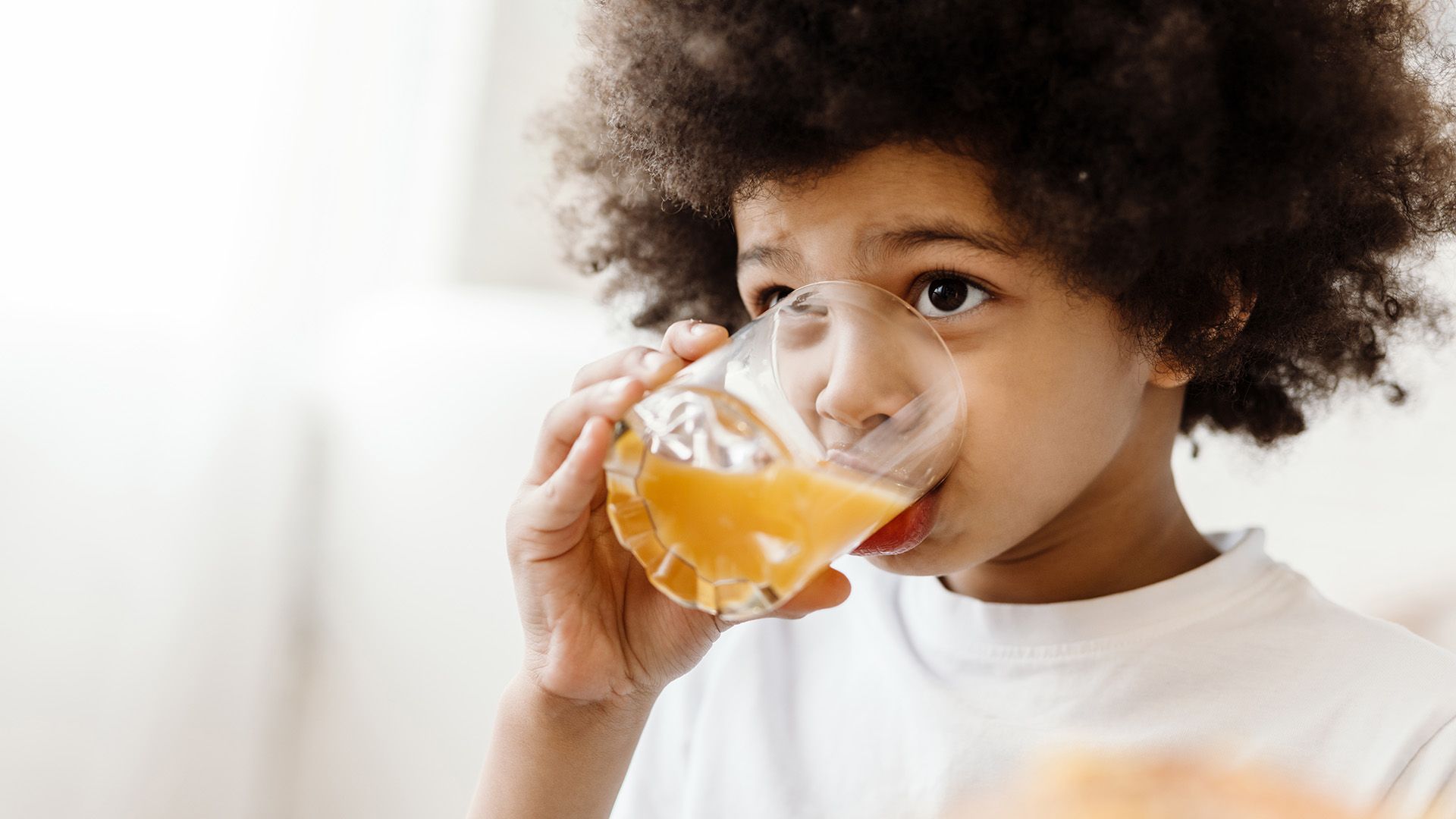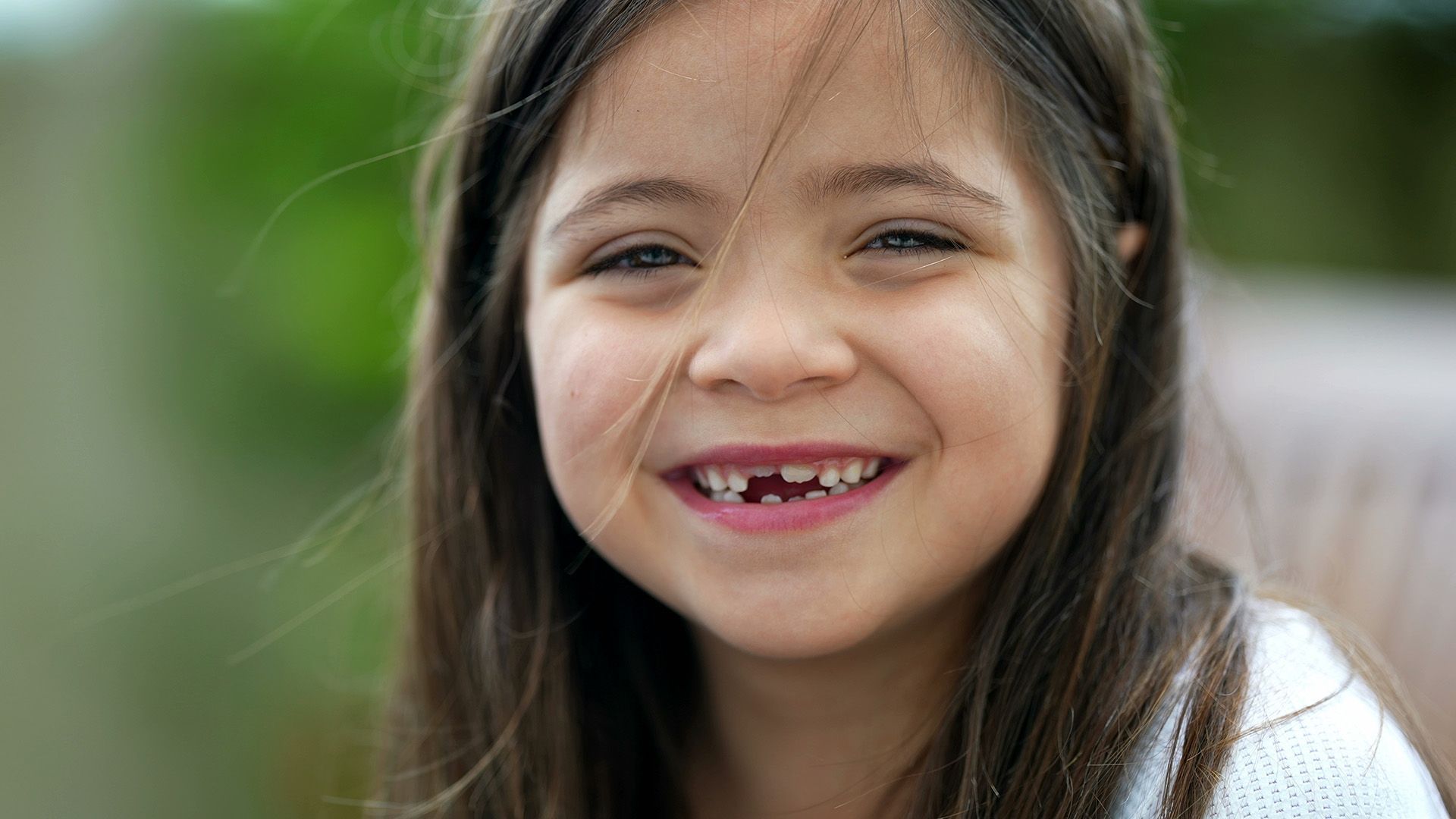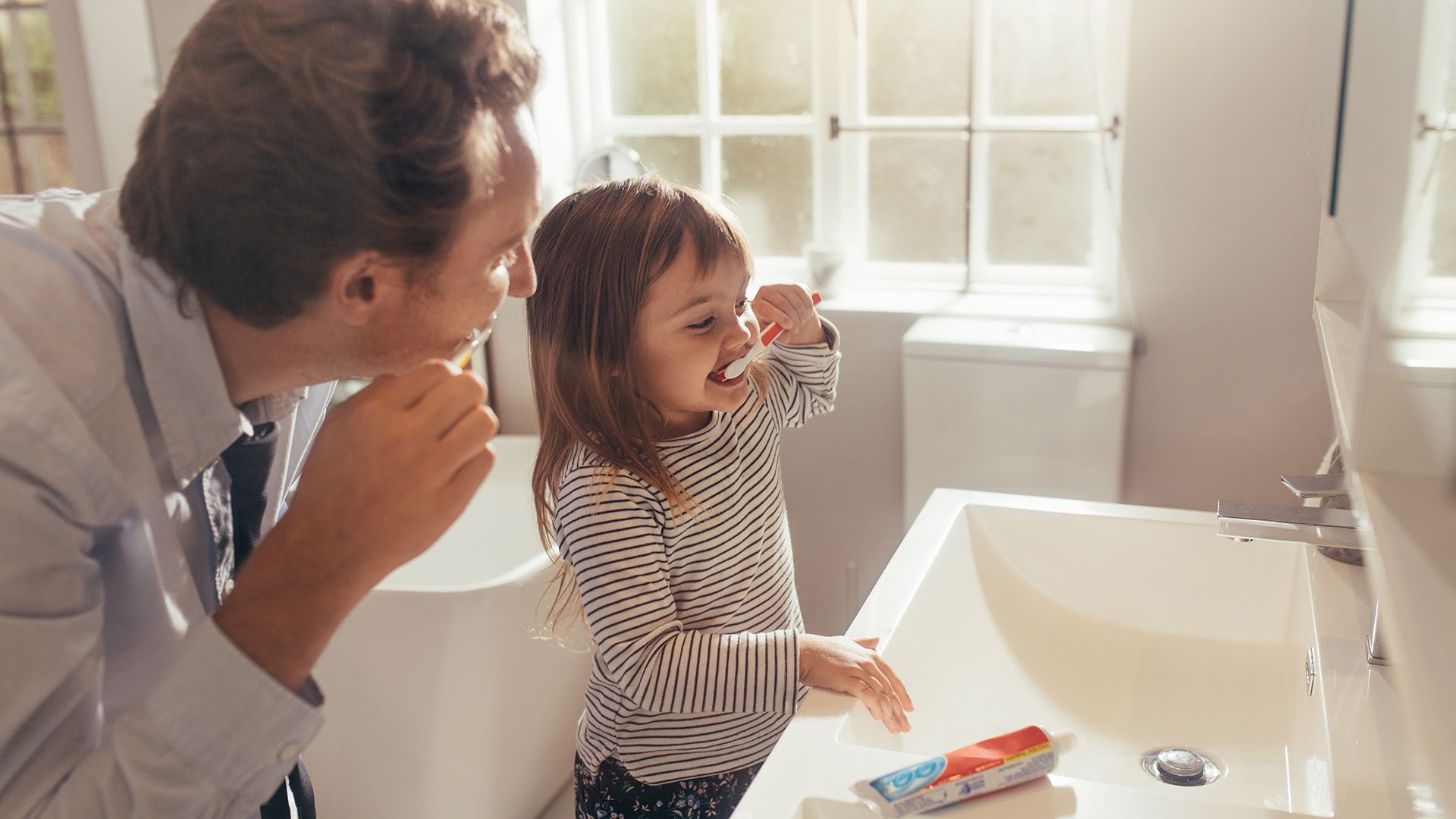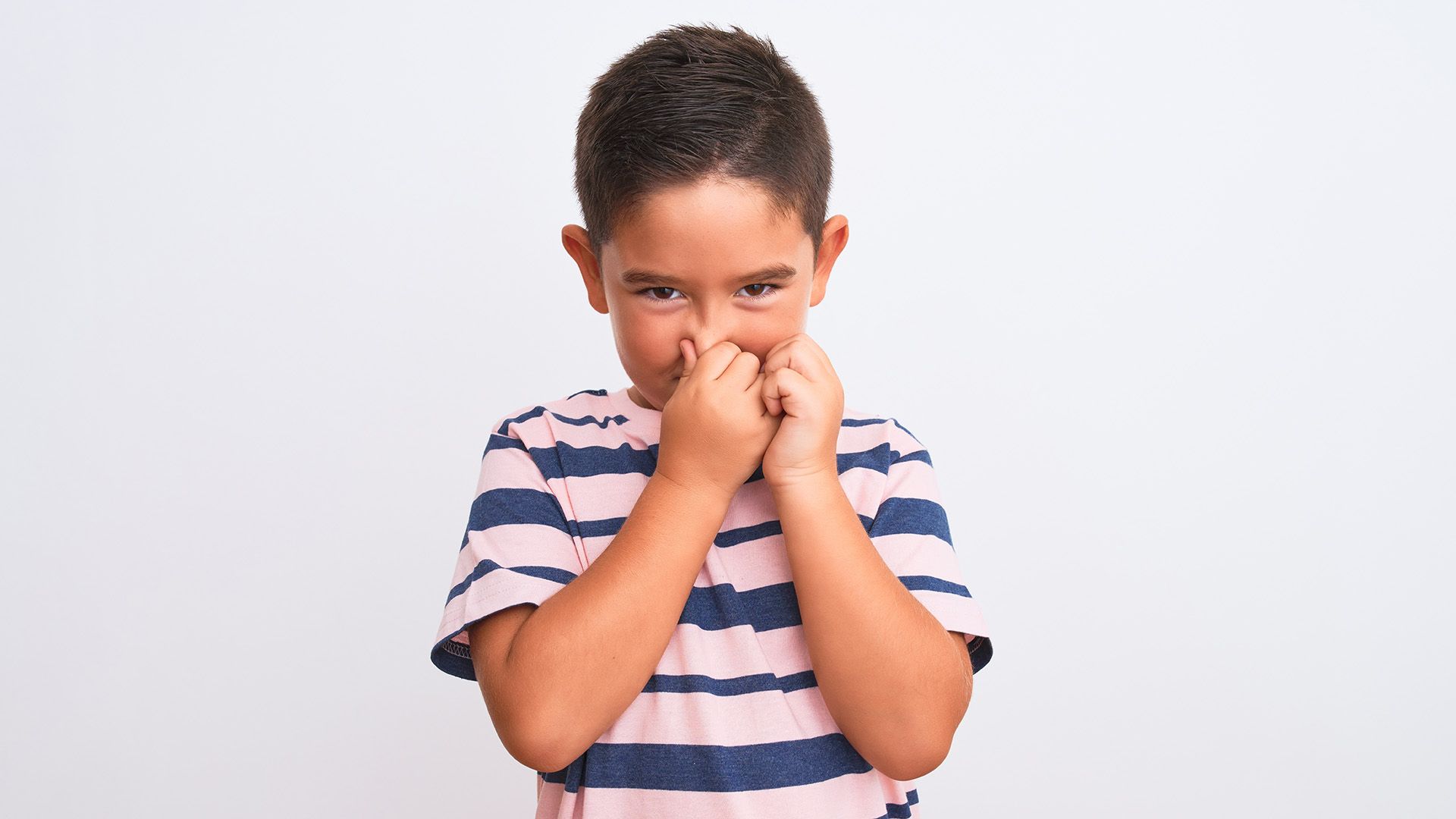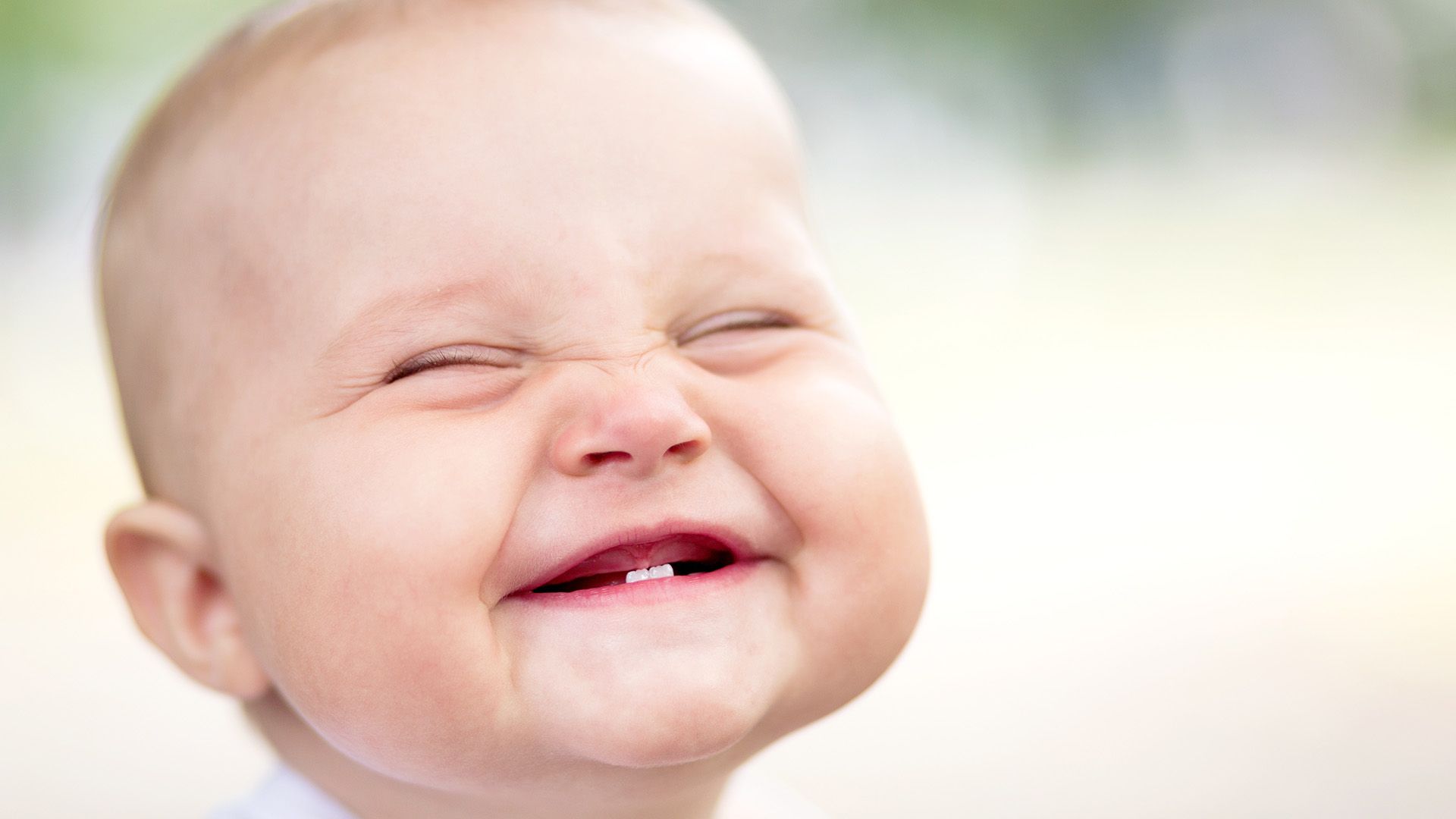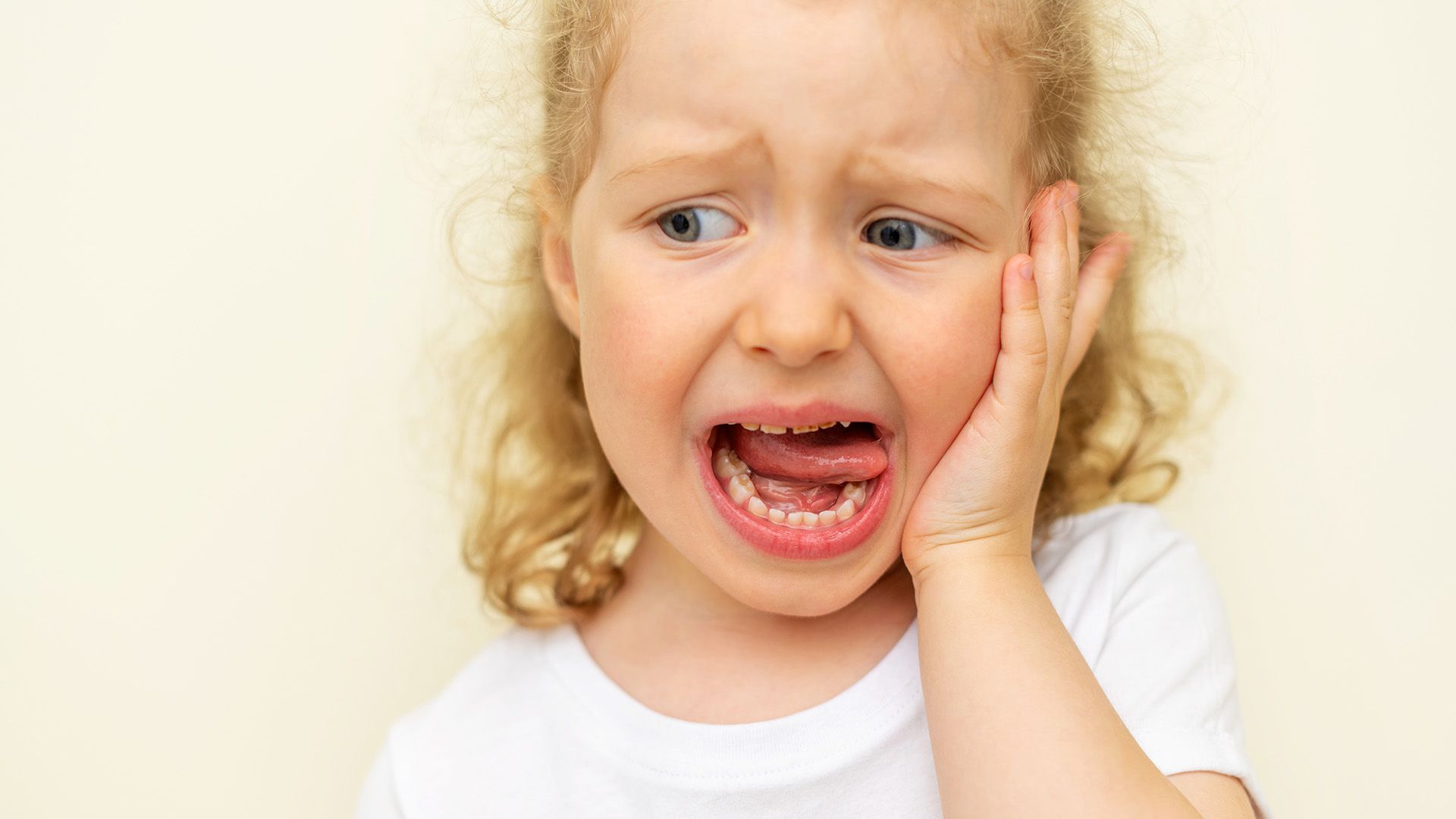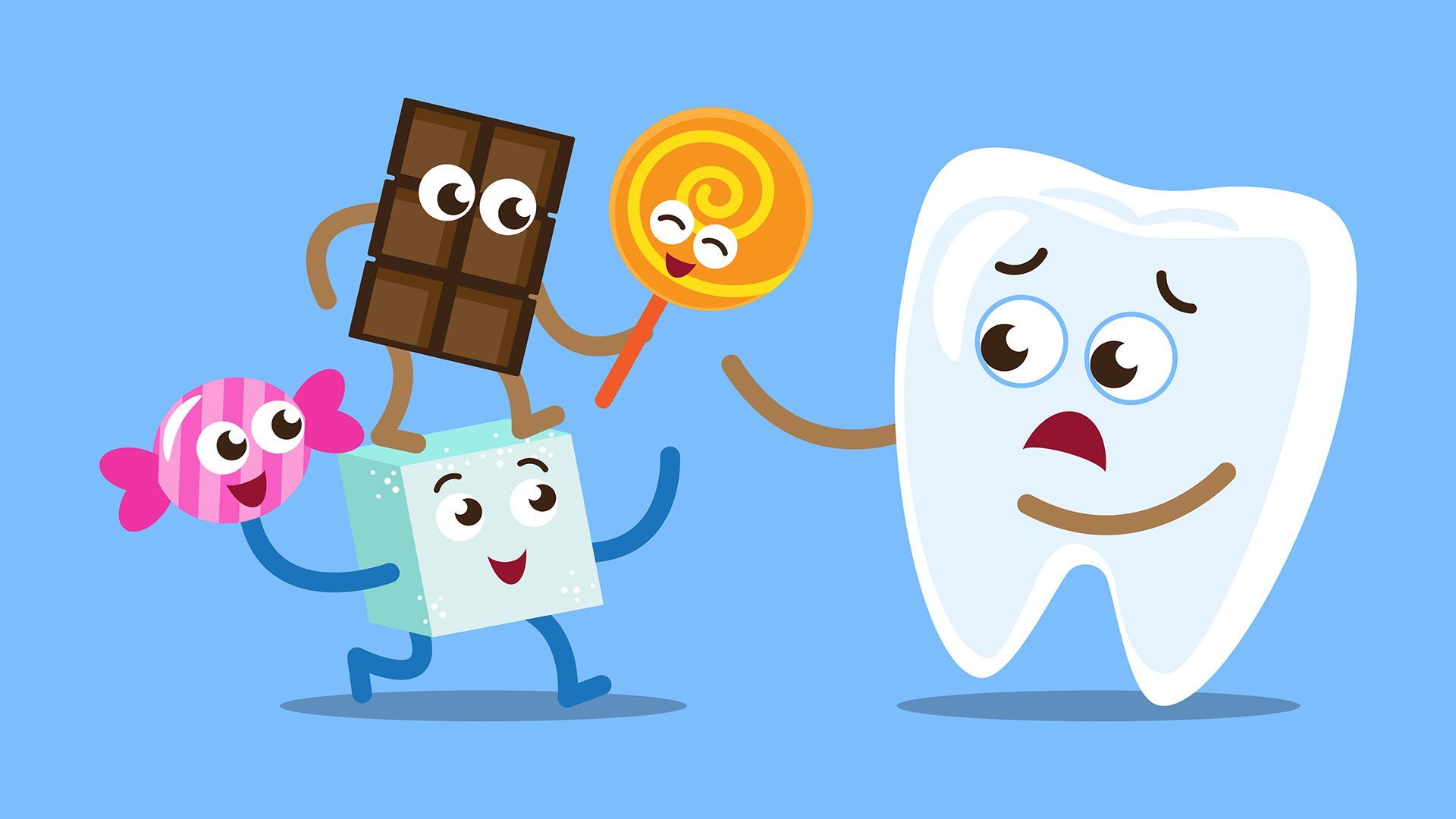Is My Child Ready for Mouthwash?
As parents, prioritizing our children's dental health is essential, and incorporating mouthwash into their oral care routine can be a significant step. However, many parents often ask, "Is my child ready for mouthwash?" Understanding the appropriate age and factors to consider is crucial for making informed decisions about your child's dental hygiene. This article discusses the benefits of mouthwash for kids, when to use mouthwash, how to use mouthwash, and best practices for safe use. By the end, you'll have a clearer understanding of how to effectively integrate mouthwash into your child's daily routine.
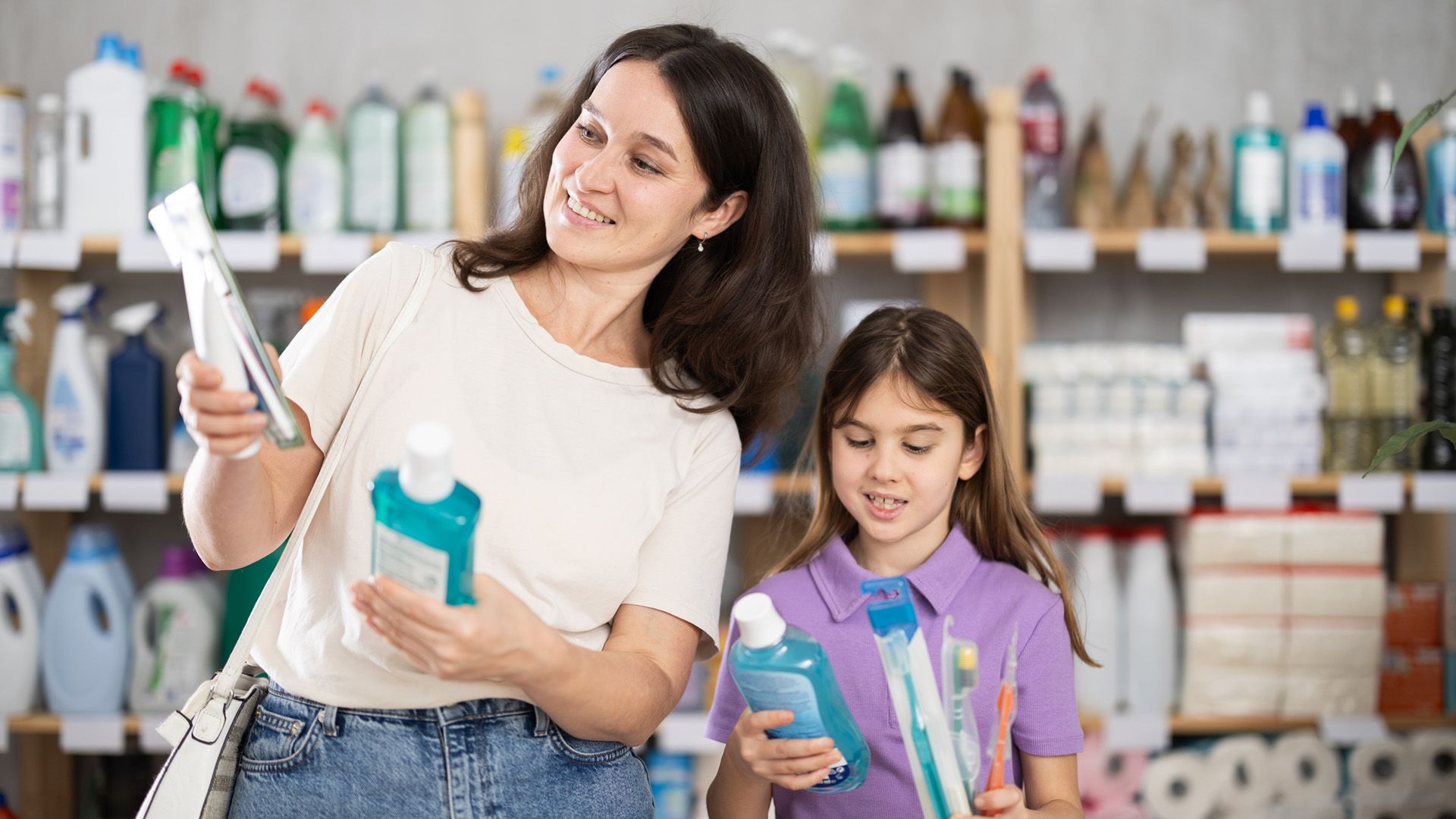
Should Children Use Mouthwash?
Mouthwash can be a valuable addition to your child's oral hygiene routine, providing extra protection against cavities and gum disease. Many mouthwashes are specially formulated for children, featuring flavors that appeal to young tastes and fluoride to strengthen enamel. Regular use can help reduce plaque and freshen breath, making it an excellent complement to brushing and flossing.
However, it's important to consider the potential risks of using mouthwash at a young age. Children may not fully understand how to use mouthwash correctly, including the necessity of not swallowing it. Ingesting mouthwash can lead to stomach upset or, in some cases, more serious health issues, particularly if the product contains alcohol or high levels of fluoride. Therefore, it's critical to assess your child's ability to use mouthwash safely.
Parental supervision is vital in ensuring that mouthwash is used correctly. Parents should supervise their children when they first start using mouthwash, teaching them how to use mouthwash properly and the correct amount to use. This guidance helps children establish healthy habits early on and ensures they benefit from mouthwash without encountering its potential risks. Always consult your child's dentist if you're unsure about when to use mouthwash or if your child is ready for mouthwash.
At What Age Can My Child Start Using Mouthwash?
Determining when your child is ready to start using mouthwash involves observing several developmental milestones. Typically, children should be able to spit out liquid rather than swallow it, which generally occurs around the age of 6. At this stage, they also begin to develop a better understanding of oral hygiene practices, making it an ideal time to introduce mouthwash as part of their routine.
While individual readiness can vary, dental professionals often recommend that children start using mouthwash around the age of 6 or 7. This age aligns with the eruption of their permanent teeth and the establishment of a more consistent oral hygiene routine. However, it’s essential to ensure that the mouthwash is age-appropriate and safe for children, as some products contain ingredients that may not be suitable for younger kids.
As you consider introducing mouthwash, look for signs that your child may be ready. These signs include their ability to follow instructions, a willingness to participate in their oral care routine, and an understanding of the importance of spitting out the mouthwash after use. If your child has expressed curiosity about mouthwash or has observed older siblings or adults using it, they may also be more inclined to start using it themselves. By paying attention to these indicators, you can help ensure that your child is ready for mouthwash and knows how to use mouthwash correctly.
Choosing the Right Mouthwash for Kids
When selecting a mouthwash for your child, it's essential to look for specific key ingredients that promote dental health. Opt for a mouthwash that contains fluoride, as it helps strengthen tooth enamel and prevent cavities. Additionally, look for antibacterial agents like cetylpyridinium chloride, which can help reduce plaque and fight bad breath.
Another crucial decision is whether to choose an alcohol-free or alcohol-based mouthwash. For children, alcohol-free options are generally recommended. These mouthwashes are safer and less likely to cause irritation or discomfort, making them ideal for younger users who may accidentally swallow the product. Alcohol-based mouthwashes can be too harsh for kids and may lead to unwanted side effects.
Flavour options can also play a significant role in encouraging your child to use mouthwash regularly. Many children are more likely to enjoy their oral hygiene routine if they have mouthwash in fun flavors like bubblegum, strawberry, or mint. Choosing a flavor that your child finds appealing can make rinsing more enjoyable and help instill good dental habits from an early age.
Best Practices for Using Mouthwash Safely
Supervising your child while they use mouthwash is essential for ensuring their safety and proper technique. Start by explaining the purpose of mouthwash and how it should be used. Ideally, you should be present during their rinsing routine, guiding them through the process. Encourage your child to swish the mouthwash around their mouth for about 30 seconds, making sure they don't swallow it. You can make this a fun activity by counting down together or playing a short song to keep track of the time.
When it comes to rinsing techniques for kids, it’s best to teach them to take a small amount of mouthwash—usually a capful will do. Remind them to avoid gargling, as this can lead to swallowing the liquid. Instead, they should focus on swishing the mouthwash thoroughly around their teeth and gums, reaching all areas of their mouth. After swishing, they should spit it out into the sink, ensuring they don’t swallow any mouthwash.
As for frequency, most dental professionals recommend that children start using mouthwash around the age of six, but this can vary based on individual needs. Generally, using mouthwash once a day can be beneficial, ideally after brushing their teeth. This helps in strengthening their enamel and freshening their breath. However, it's important to consult with your child's dentist to determine the best routine tailored to their specific oral health needs.
Understanding when to use mouthwash and how to use mouthwash properly will help ensure that your child can safely benefit from its use. With the right supervision and guidance, incorporating mouthwash into your child's dental care routine can be a positive step towards
maintaining their oral health.
